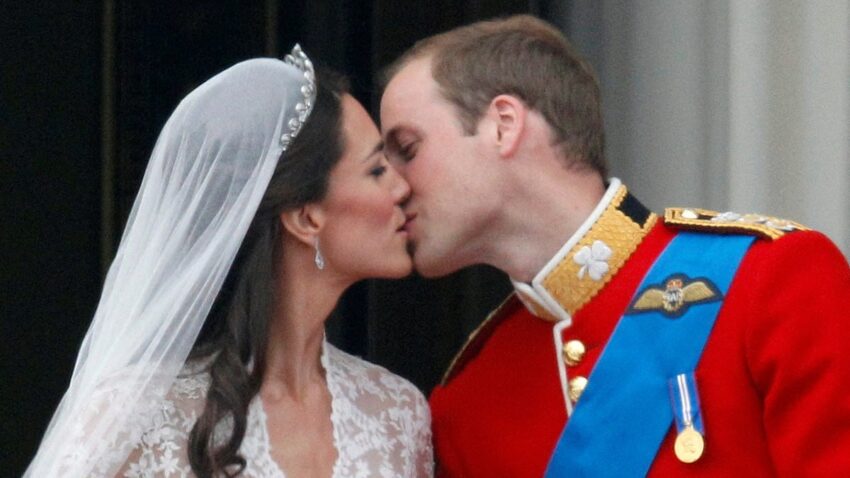The wedding of the Prince and Princess of Wales was a momentous occasion that captured the hearts of millions.
In April 2011, the world watched as Prince William and Catherine Middleton exchanged vows at the iconic Westminster Abbey, a site steeped in history.
This royal union marked the beginning of a new chapter not just for the couple, but for the future of the British monarchy itself.
Over the past decade, they have welcomed three children, stepping into their roles as future leaders of England.
Fast forward to April 2023, and the couple celebrated their 12th anniversary with a heartfelt selfie shared on social media.
Accompanied by a simple caption—“12 years” along with a heart emoji—the post radiated affection, suggesting that their bond remains as strong as ever.
Yet, beneath this seemingly picture-perfect facade lies a narrative fraught with challenges and speculation.
Despite their public displays of love, questions about the couple’s happiness linger.
The rumor mill has churned relentlessly, particularly around allegations of infidelity involving Rose Hanbury, a former friend of the couple.
Although Hanbury has denied any wrongdoing, the whispers persist, casting shadows over the Wales’ marriage and leaving many to wonder what truly goes on behind closed doors.
In 2022, a misleading article even claimed that the couple had separated, igniting further speculation about their relationship.
While this report was proven false, it only added fuel to the fire regarding the state of their union.
If the unthinkable were to happen and the Wales were to part ways, the implications would be significant, especially considering their royal status.
What would a divorce mean for the couple, particularly while King Charles III is still on the throne?
According to royal expert Marlene Koenig, the reigning monarch would play a crucial role in any custody proceedings involving their three children.
This stems from a long-standing royal tradition that dates back to the early 1700s, when King George I enacted laws regarding the custody of grandchildren due to his own complicated family dynamics.
Koenig elaborates that this tradition gives the King a say in custody matters, a practice that has remained unchanged over the centuries.
However, she also notes that King Charles is generally supportive of Prince William and Catherine’s desire to raise their children independently, despite holding legal authority over them.
